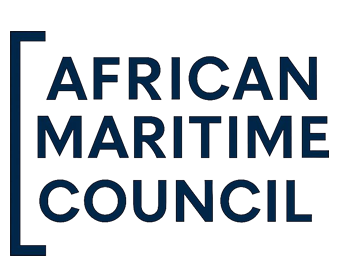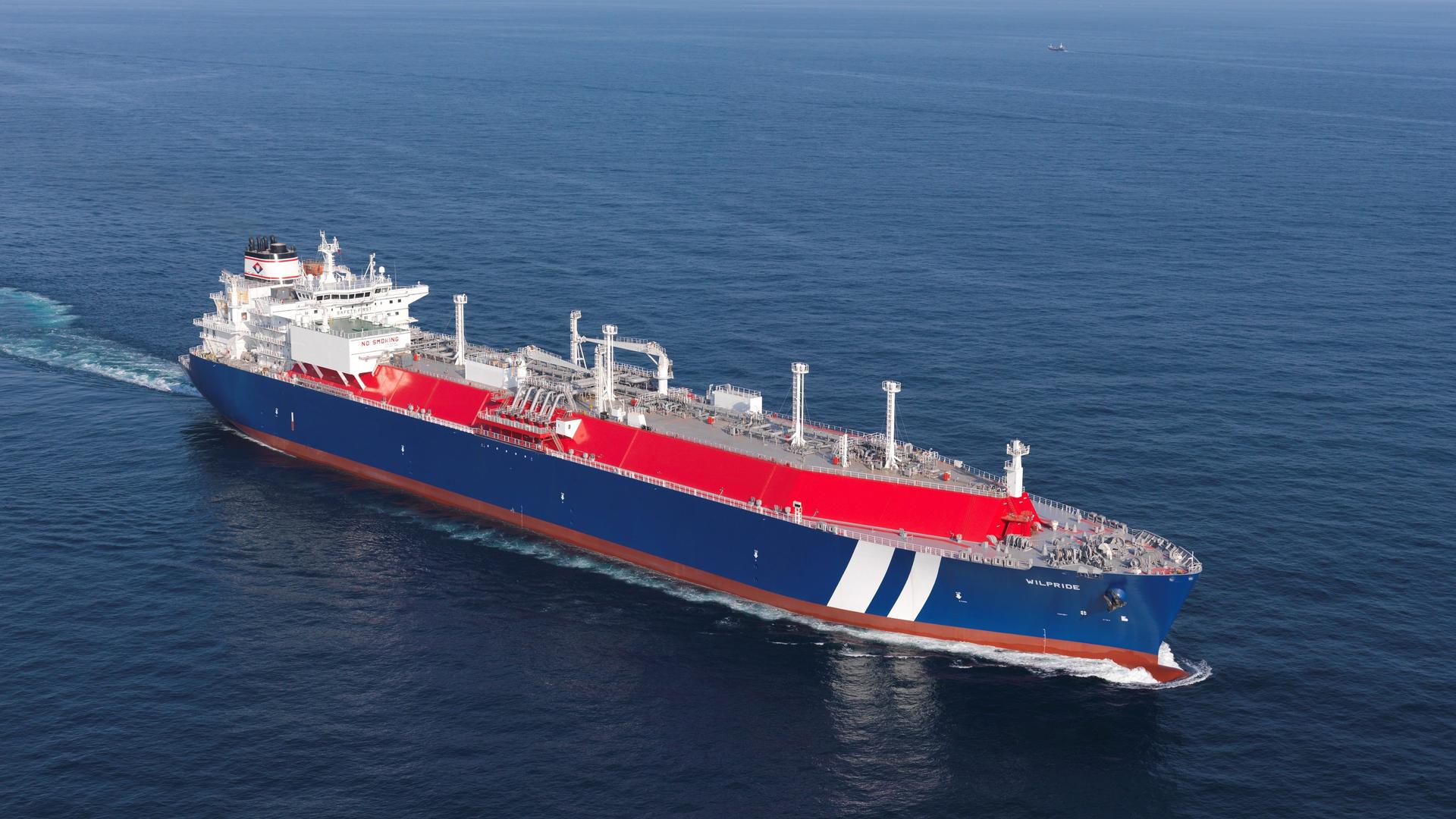Nigeria has taken another bold step in consolidating its role as both a major energy producer and an indigenous shipowner.
President Bola Ahmed Tinubu, represented by the Minister of State for Petroleum Resources (Gas), Ekperikpe Ekpo, commissioned the 40,000 CBM LPG carrier, MT Iyaloja (Lagos), in Ulsan, South Korea.
The vessel, owned by WAGL Energy Ltd. — a joint venture between NNPC Ltd. and Sahara Group — increases WAGL’s total fleet capacity to 162,000 CBM. This expansion comes with plans to add a Small Gas Carrier and a VLGC (Very Large Gas Carrier) within the next two years.
While Nigeria LNG Ltd. (NLNG) has long established itself with a global LNG fleet through Bonny Gas Transport (BGT), WAGL’s growth in the LPG carrier segment signals an important diversification. Together, they place Nigeria among the few African nations with ownership across both LNG and LPG shipping — alongside Algeria’s LPG.
This milestone has far-reaching implications:
•It reduces dependence on foreign-owned tonnage for African gas exports.
•It strengthens intra-African LPG supply chains, improving affordability and accessibility.
•It positions Nigeria as a leader in Africa’s maritime sovereignty and clean energy shipping.
At the African Maritime Council, we believe this development is a call to action for Africa to deepen indigenous ownership in gas and clean fuel shipping, ensuring that the continent not only produces energy but also commands the ships that move it.

